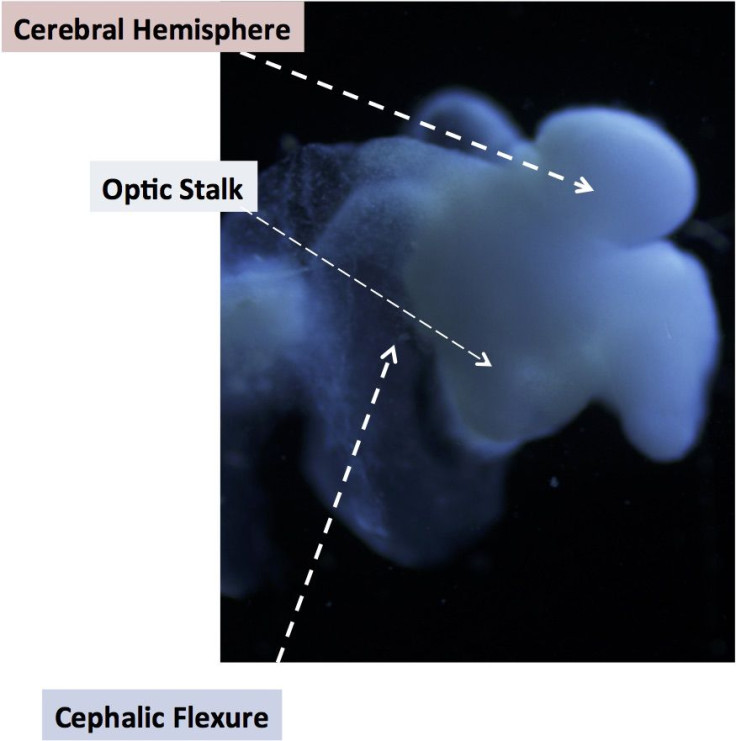Scientists develop most complete lab grown human brain from skin cells

Scientists at the Ohio State University in the US have developed the most complete laboratory-grown human brain for the first time. The laboratory-grown brain is a complete recreation of the brain with the maturity of a five-week-old foetus.
Presented at the Military Health System Research Symposium in Fort Lauderdale, Florida, researchers claim the brain is approximately the size of a pencil eraser, developed with 99 per cent of the genes present in a natural human foetal brain. The brain has still no vascular system, or blood vessels, but everything has been virtually developed including the spinal cord, major brain regions, multiple cell types and the signalling circuitry.
Rene Anand, the lead researcher and a professor of biological chemistry and pharmacology at the Ohio State University, said every part of the brain has been reproduced using adult human skin cells. However, the brain does not have the capacity to be conscious as it has no sensory inputs.
However, the unconscious model brain would allow researchers to enhance and accelerate neurological studies particularly conditions like Alzheimer's and Parkinson's, Anand stated. The brain could help researchers to further analyse neurological diseases “when something goes wrong” or “how does it go wrong,” and may help develop new treatments.
“The power of this brain model bodes very well for human health because it gives us better and more relevant options to test and develop therapeutics other than rodents,” he said. Anand and his team aim to build the vasculature, or the brain’s blood supply, as the next step.
The model brain would then help experts to treat stroke and the related conditions such as traumatic brain injuries and Post-Traumatic Stress Disorder, or PTSD. "We can ask these questions in human models, make predictions and provide guidance to the FDA [US Food and Drug Administration] to regulate or not regulate or to provide that information to the public," he stated.
Contact the writer at feedback@ibtimes.com.au or tell us what you think below






